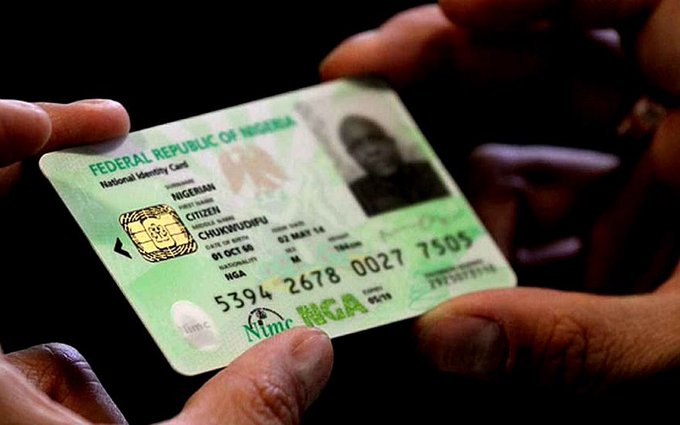The Federal Government has announced a major financial reform, integrating Nigerians’ credit scores with their National Identification Number (NIN) to track loan repayment and enforce stricter financial accountability.
Under this policy, loan defaulters may struggle to renew passports, driver’s licenses, or secure housing, as their credit history will now impact access to essential services. The reform is spearheaded by CREDICORP, aiming to create a centralized and transparent credit system in Nigeria.
Public reaction has been mixed, with concerns about privacy risks and potential exclusion of vulnerable groups who might be disproportionately affected. Critics argue that while promoting financial responsibility is essential, the government must ensure the policy does not unfairly penalize citizens facing economic hardship.
The directive has sparked intense discussions on social media, with Nigerians debating the implications for loan accessibility and financial inclusion across the country.
